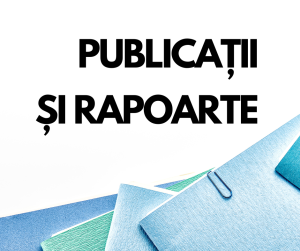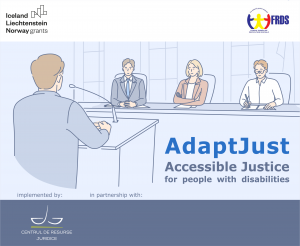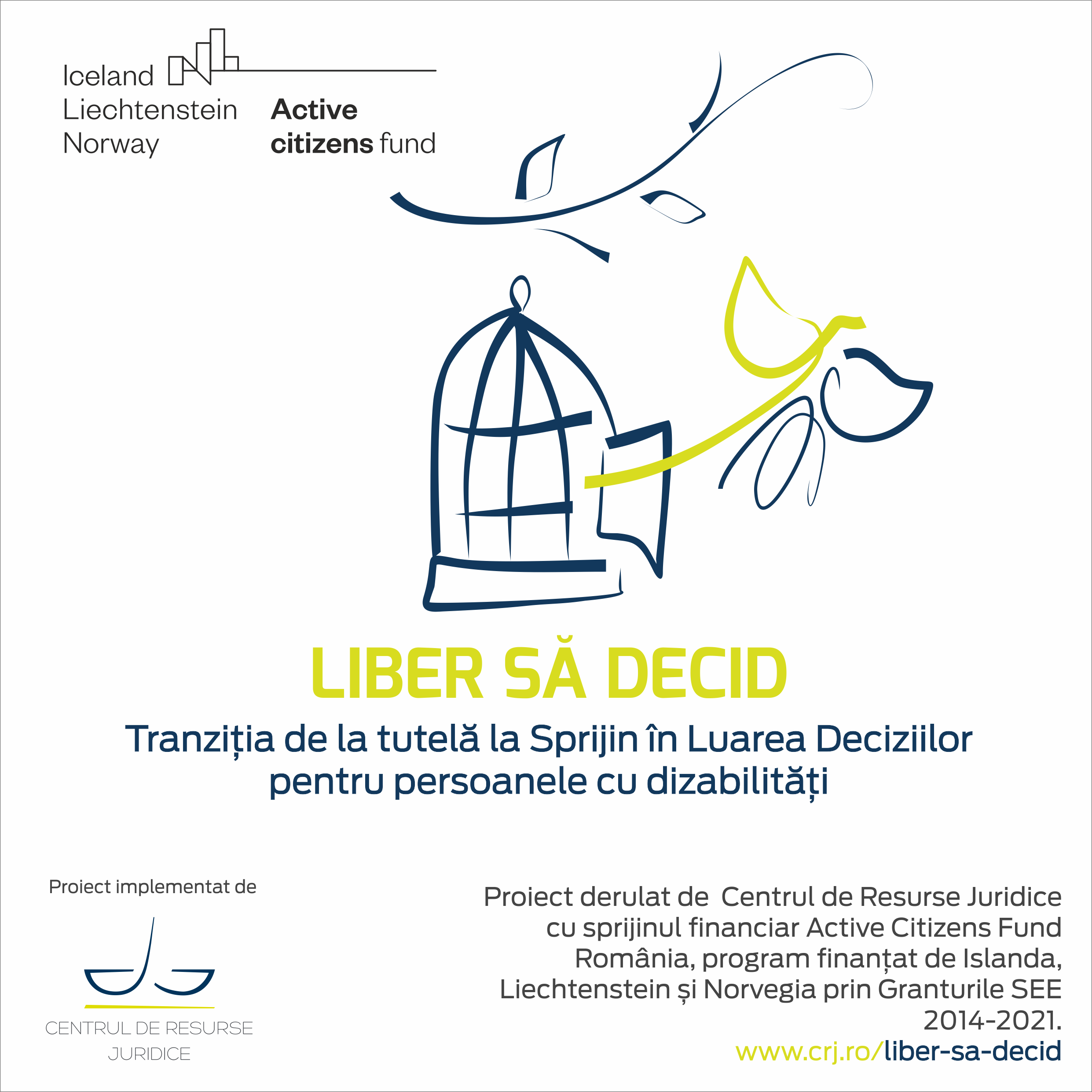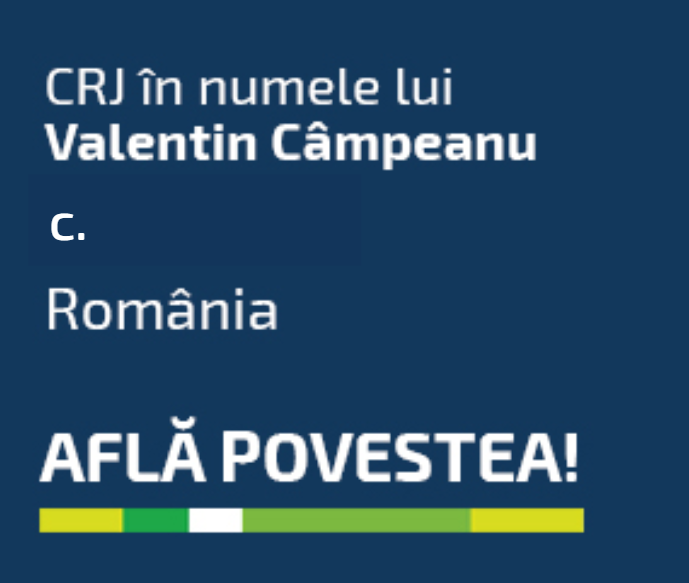At the invitation of the Council of Europe, Georgiana Pascu from the Centre for Legal Resources (CLR) participated in the 12th meeting of the Platform for Social and Economic Rights organised by COE-FRA-ENNHRI-EQUINET in Bratislava (20 September 2022).
The theme of the meeting was how to improve cooperation between national human rights institutions and NGOs working in the field of social rights protection.
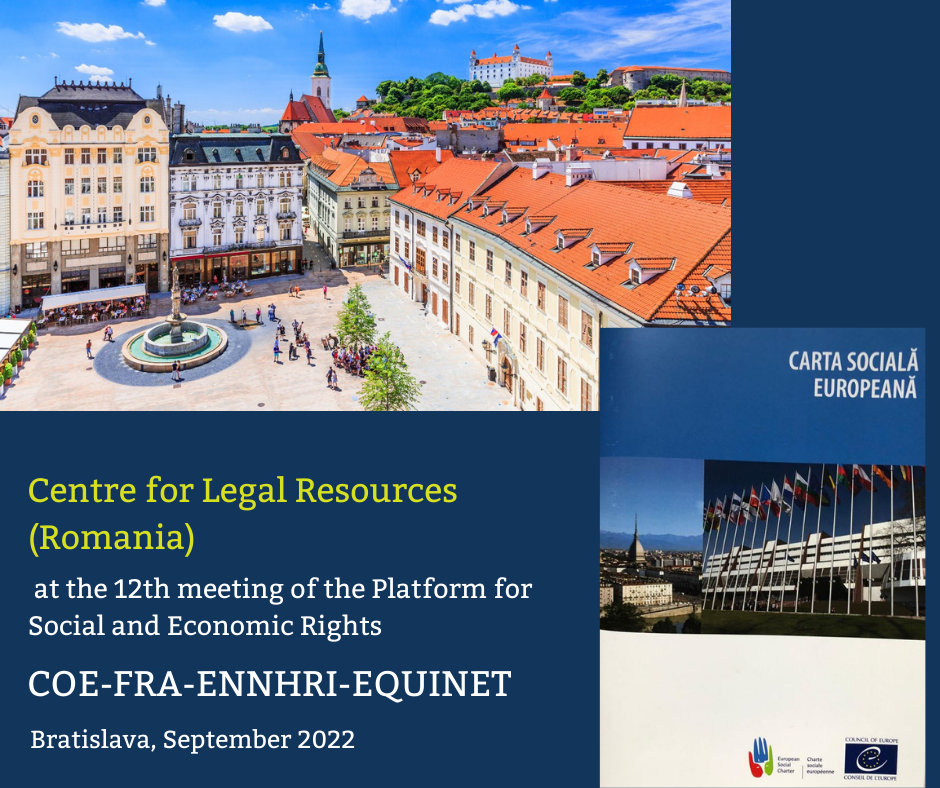
Lack of education and fear of losing the very few resources they have, is one of the main reasons why NGOs in Romania do not report human rights violations.
At the opening of the event, participants were asked why NGOs do not report and complain more often to the European Committee of Social Rights. Answering this question, Georgiana Pascu referred to the reasons why the collaboration between NGOs working in the field of rights of persons with intellectual and psychosocial disabilities (including self-representative organisations) and human rights institutions in Romania and internationally is inadequate:
- Romania does not comply with its obligations arising from the execution of ECHR judgments on the rights of persons with disabilities.
- Romania has not accepted the article of the European Social Charter concerning the submission of collective complaints (Part IV, Art. D- Collective complaints).
- There is a visible lack of education on the issue of human rights violations among the population in general and persons with disabilities in particular. The subject of human rights is not among those taught in special schools. At the same time, the rights of people with disabilities are not taught in mainstream schools either.
- Information about human rights is rarely translated into easy to understand language for people with intellectual and/or psychosocial disabilities;
- Lack of procedural adaptations.
- Small organisations working locally in the field of disability rights depend on local authorities to function. Thus, they fear that they might lose the benefits, including financial ones, of “friendly” cooperation with local authorities.
- NGOs are faced with a lack of human resources, with which these complaints and reports can be prepared and submitted. Also, they have few financial resources at their disposal, which they choose to use to provide services in the community instead.
- The very low confidence that NGOs have in the concrete and rapid changes generated by these reports and/or complaints. As a result, the effort seems disproportionate to the results achieved.
Reinforcing what was previously said, Georgiana Pascu brought to the attention of the Council of Europe concrete examples from the field, from monitoring visits to residential centres carried out by CLR over the last 15 years.
NGOs urgently need experts to support them in drafting and submitting reports to the Council of Europe.
Taking as a reference Article 19 of the UN Convention on the Rights of Persons with Disabilities and Article 15 of the European Social Charter, Georgiana Pascu spoke about the concrete actions that CLR is taking to improve the collaboration between NGOs and human rights institutions (Romanian Ombudsman, National Council for Combating Discrimination – CNCD, Monitoring Council of implementing CRPD):
- We will train disability rights NGO staff and self-advocated through a series of workshops on topics related to the elaboration and submission of reports to the Committee of Ministers of the Council of Europe;
- we will contract experts to support NGOs in drafting and submitting reports to the specialised committees of the Council of Europe;
- we will organise working meetings with representatives of the Monitoring Council, the Romanian Ombudsman and the National Council for Combating Discrimination – CNCD on the rights of persons with disabilities.
Currently, the CLR runs the AdaptJust – Accessible Justice for People with Disabilities project. The overall objective of the project is to improve the implementation of the judgments of the European Court of Human Rights and the Decisions of the Committee of Ministers of the Council of Europe on the rights of persons with intellectual and psychosocial disabilities.

